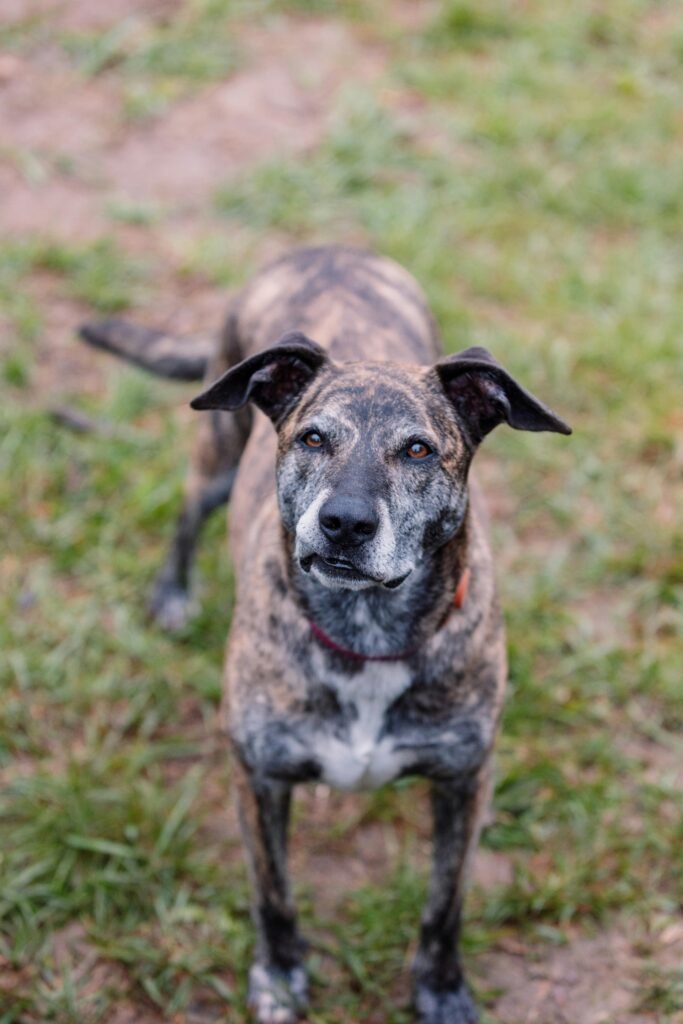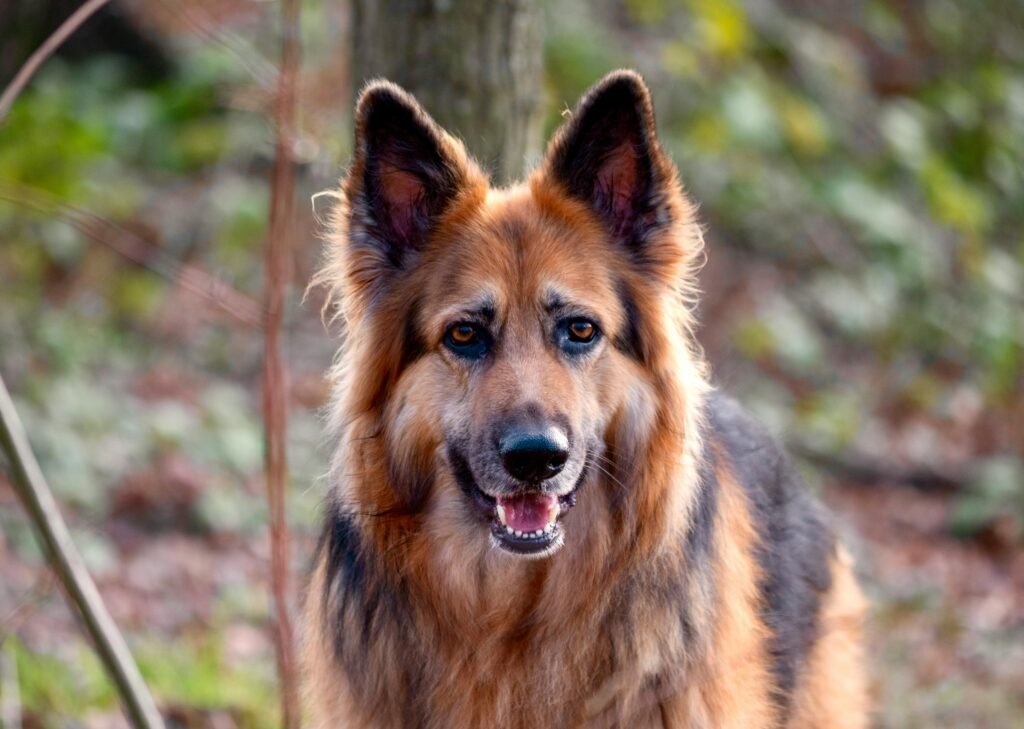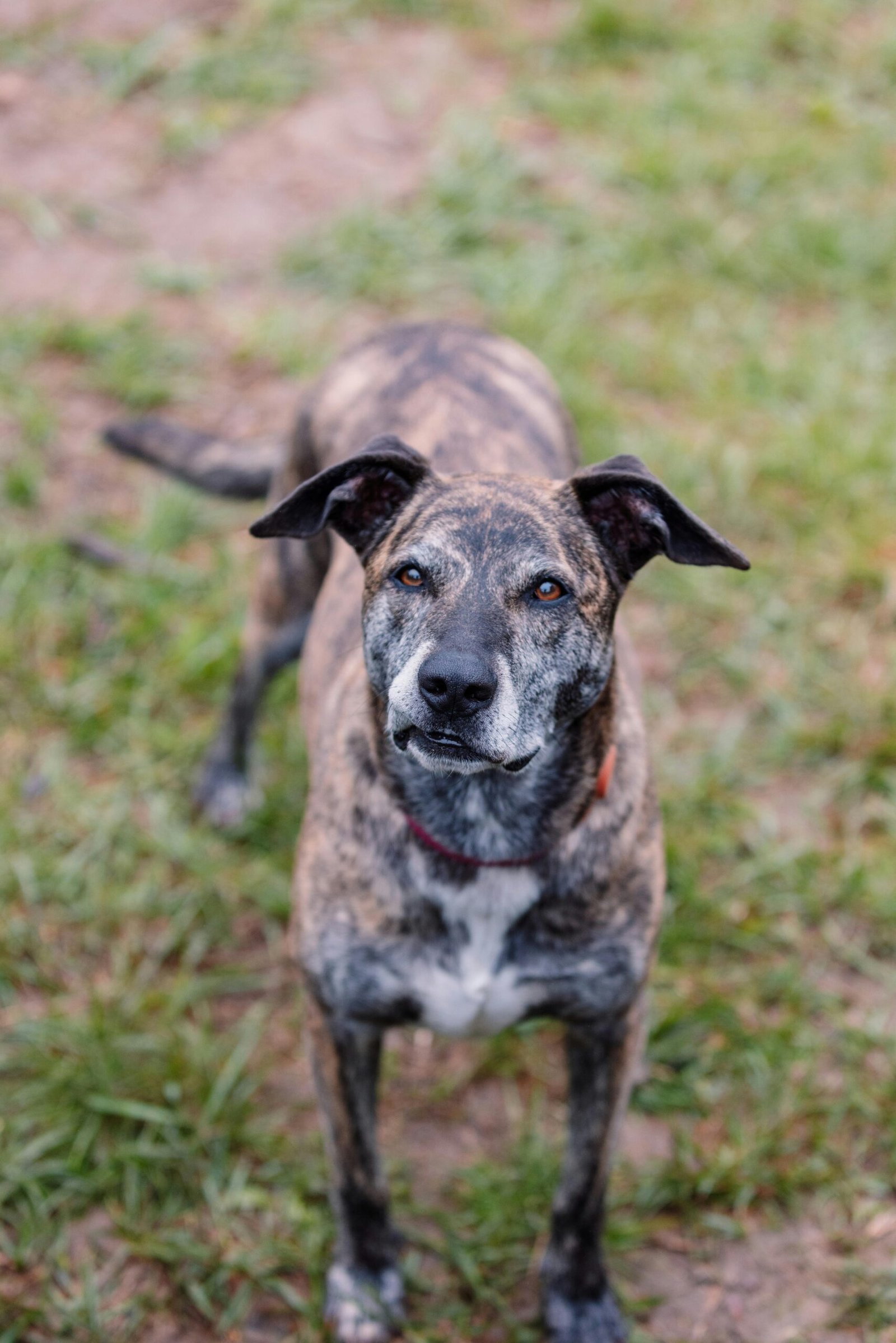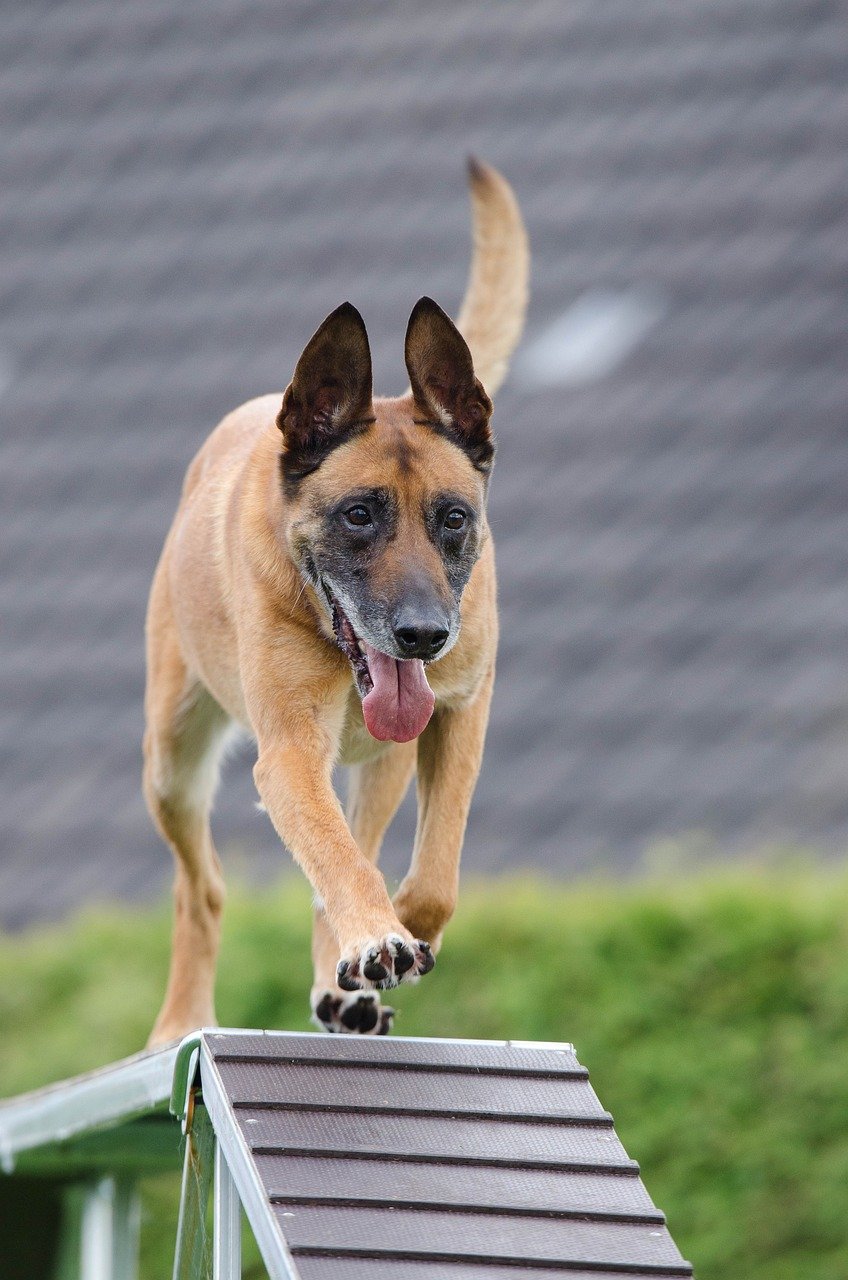Are you a proud owner of a beautiful King Doberman? Ensuring that your beloved pet is well-socialized is essential for their happiness and the harmony of your household. In this article, we will explore some highly effective strategies for socialization training specifically tailored for King Dobermans. By following these proven techniques, you will equip your furry friend with the necessary skills to interact confidently and positively with other dogs, animals, and people, ultimately resulting in a well-rounded and well-adjusted companion.
Importance of Socialization Training
Socialization training is an essential aspect of ensuring the overall well-being and development of your King Doberman. By exposing your furry friend to various people, animals, and environments, you are fostering their adaptability, promoting good behavior, and reducing fear and aggression. Socialization plays a crucial role in shaping your dog’s personality, temperament, and ability to navigate the world with confidence and ease. In this article, we will explore the importance of socialization training and provide helpful tips on how to effectively go about it.
Enhances Adaptability
One of the key benefits of socialization training is the enhancement of your King Doberman’s adaptability. By gradually exposing your dog to different situations and experiences, you are helping them become more comfortable and relaxed in unfamiliar environments. This adaptability can be incredibly beneficial in various scenarios, such as visiting new places, encountering new people and animals, and adapting to changes in routine. A well-socialized King Doberman is more likely to remain calm and composed in new and potentially challenging situations.
Promotes Good Behavior
Socialization training is instrumental in fostering good behavior in your King Doberman. Through positive reinforcement techniques and consistent exposure to different stimuli, you can help your dog understand what is expected of them and how to respond appropriately. By rewarding desired behaviors and redirecting or discouraging unwanted behaviors, you are reinforcing positive behavior patterns. A dog that has undergone proper socialization training is more likely to exhibit good manners, such as walking calmly on a leash, greeting others politely, and refraining from jumping or excessive barking.
Reduces Fear and Aggression
Proper socialization training significantly reduces fear and aggression in King Dobermans. By gradually exposing your dog to various people, animals, and environments, you are desensitizing them to potential triggers and reducing their anxiety. A well-socialized dog is more likely to feel relaxed and confident in unfamiliar situations, minimizing the chances of fearful or aggressive responses. This is particularly crucial for a breed like the King Doberman, known for their protective instincts. Early and consistent socialization training plays a pivotal role in ensuring your dog can discern between real threats and everyday situations.
When to Start Socialization Training
Early Age
The earlier you begin socialization training, the better. Ideally, you should start socializing your King Doberman as soon as you bring them home as a puppy. Puppies have a critical period for socialization, which is between 3 and 14 weeks of age. During this phase, they are most receptive to new experiences and are eager to explore the world around them. By starting early, you can take advantage of this developmental window and lay a strong foundation for your dog’s social skills and confidence.
Window of Socialization
While it is ideal to start socialization training early, it’s important to remember that socialization should continue throughout your King Doberman’s life. The critical period for socialization may be from 3 to 14 weeks, but this does not mean that socialization efforts should stop afterward. Dogs continue to learn and adapt throughout their lives, and ongoing social exposure is necessary to maintain their social skills and prevent regression. Keep in mind that the experiences and stimuli your dog is exposed to during their critical period lay the foundation, but they will still benefit from continued socialization and exposure.

This image is property of images.pexels.com.
Preparing for Socialization Training
Understanding Breed Characteristics
Before embarking on socialization training, it is vital to have a thorough understanding of your King Doberman’s breed characteristics. Different breeds have distinct temperaments, energy levels, and tendencies. By familiarizing yourself with these traits, you can tailor your socialization efforts to meet your dog’s specific needs. For example, King Dobermans are known for their intelligence, loyalty, and protective nature. Understanding these traits will help you create appropriate socialization experiences that cater to their individual temperament.
Creating a Safe Environment
Creating a safe environment is crucial for successful socialization training. Ensure that your home and surroundings are secure and suitable for your King Doberman’s exploration. Remove any potential hazards and provide a comfortable and stimulating environment that encourages positive interactions. Set up designated areas for relaxation and play, providing a balance between mental stimulation and a peaceful retreat. A safe and well-prepared environment lays the foundation for successful socialization experiences.
Seeking Professional Help
If you are uncertain about how to proceed with socialization training or feel overwhelmed, do not hesitate to seek professional help. Professional trainers who specialize in socialization training can provide invaluable guidance and support. They have the expertise and experience to assess your dog’s unique needs, develop an effective socialization plan, and address any behavioral challenges that may arise. Investing in professional help can greatly enhance your King Doberman’s socialization journey and ensure you are on the right track.
Exposure to Different People
Introducing Family Members
Introducing your King Doberman to various family members is an important aspect of socialization training. Start with immediate family members and gradually expand to extended family and close friends. Have family members interact positively and gently with your dog, providing treats, petting, and playtime. This helps your King Doberman associate positive experiences with family members and builds trust and familiarity.
Interacting with Friends and Strangers
Expose your King Doberman to a wide range of friends and strangers to help them feel comfortable in various social situations. Encourage others to approach your dog calmly and offer treats or gentle pets. Gradually increase the complexity of interactions by introducing different voices, body types, and ages. This exposure will assist your dog in becoming more confident and accepting of new people, minimizing the chances of fear or aggression.
Encountering Children and Other Animals
It is essential for your King Doberman to have positive experiences with children and other animals. Arrange controlled and supervised interactions, ensuring that both parties feel safe and comfortable. Teach children how to approach and interact with dogs properly, emphasizing gentle and respectful behavior. Similarly, introduce your dog to well-behaved and well-socialized animals to encourage positive interactions. These experiences will foster your King Doberman’s ability to coexist peacefully with others.

This image is property of images.pexels.com.
Exposing to Various Environments
Visiting Various Public Places
Expose your King Doberman to different public places to help them become acclimated to various environments. Start with quieter and less crowded areas and gradually progress to busier and more stimulating ones. This could include parks, streets, cafes, or pet-friendly stores. Focus on incrementally increasing the level of exposure, ensuring your dog remains calm and comfortable throughout. By introducing them to different public places, you are preparing them to navigate the world with confidence.
Handling Different Surfaces
Help your King Doberman get accustomed to different surfaces they may encounter during walks or outings. This includes pavements, grass, gravel, sand, or slippery floors. Gradually expose your dog to these surfaces, starting with easier ones and progressing to more challenging ones. By doing so, you are preparing them for various walking conditions and reducing their aversion to new surfaces. Positive reinforcement and encouragement are key during these experiences.
Experiencing Different Sounds and Objects
Expose your King Doberman to a variety of sounds and objects to reduce fear and enhance adaptability. Introduce them to everyday household sounds like vacuum cleaners, doorbells, or car engines. Gradually expose them to louder or unfamiliar sounds such as thunderstorms or fireworks, ensuring a positive and reassuring environment. Additionally, provide opportunities for your dog to interact with different objects like bicycles, strollers, or umbrellas. This exposure will help your King Doberman develop resilience and overcome any fears or anxieties associated with new stimuli.
Positive Reinforcement Techniques
Reward-Based Training
Reward-based training is a cornerstone of socialization training. Positive reinforcement involves rewarding your King Doberman with treats, praise, or play for exhibiting desired behaviors. This training method helps your dog understand what behaviors are desired and encourages them to repeat those behaviors. By focusing on positive experiences and rewards, you strengthen the bond between you and your dog, making the learning process enjoyable and effective.
Clicker Training
Clicker training is another popular method utilized in socialization training. By conditioning your King Doberman to associate the sound of a clicker with a reward, you can quickly and effectively communicate desired behaviors. The clicker provides a clear and distinct signal that marks the precise moment your dog performs the behavior you are reinforcing. Clicker training is especially useful for teaching complex commands or shaping specific behaviors.
Using Treats and Toys
Using treats and toys is an effective way to motivate and engage your King Doberman during socialization training. Treats can be used as rewards for good behavior, while toys provide mental stimulation and an outlet for your dog’s energy. Choose high-value treats and toys that your dog finds particularly rewarding and use them strategically during socialization training sessions. This will not only reinforce positive behavior but also make the training experience enjoyable for your furry friend.

This image is property of images.pexels.com.
Addressing Behavioral Challenges
Managing Separation Anxiety
Addressing separation anxiety is crucial during socialization training, especially if your King Doberman shows signs of distress when left alone. Gradually desensitize your dog to being alone by starting with short periods of separation and gradually increasing the duration. Provide puzzle toys or interactive feeders to keep them occupied and create positive associations with alone time. Seek guidance from a professional trainer if separation anxiety persists, as they can provide additional strategies to address this behavioral challenge.
Dealing with Aggression
If you notice signs of aggression in your King Doberman during socialization training, it is essential to address the issue promptly and appropriately. Aggression can stem from fear, anxiety, or a lack of proper socialization. Consult with a professional trainer experienced in handling aggression and develop a specific plan to address the issue. A combination of positive reinforcement techniques, desensitization, and counterconditioning can help redirect the aggressive behavior into more desirable responses.
Overcoming Fearfulness
If your King Doberman displays fear or anxiety during socialization training, it’s important to approach the situation with patience and understanding. Gradually expose your dog to the trigger in a controlled and positive manner, ensuring they feel safe and supported. Consider using desensitization and counterconditioning techniques to help your dog associate the trigger with positive experiences. Seek professional help if your dog’s fearfulness persists or worsens, as they can provide guidance tailored to your dog’s specific needs.
Continuous Training and Socialization
Maintaining Consistency
Consistency is key when it comes to socialization training. Ensure that you provide regular and consistent exposure to different people, animals, and environments. Maintain a positive and predictable routine to help your King Doberman feel secure and confident in their socialization experiences. Consistency in training techniques, cues, and expectations also helps reinforce desired behaviors and prevent confusion or regression.
Continuing Social Exposure Throughout Life
Socialization training should not be limited to the puppy stage – it should be an ongoing process throughout your King Doberman’s life. Regular social exposure helps maintain and reinforce their social skills while preventing the development of fear or aggression. Continuously seek opportunities for your dog to interact with new people, animals, and environments. This could include walks in different neighborhoods, visits to new parks, or attending dog-friendly events. By consistently exposing your dog to diverse stimuli, you are setting them up for a balanced and well-adjusted life.
Ongoing Mental Stimulation
In addition to social exposure, ongoing mental stimulation is crucial for the overall well-being of your King Doberman. Regularly provide tasks, puzzles, and interactive toys that challenge your dog’s cognitive abilities. This mental stimulation helps prevent boredom, promotes problem-solving skills, and builds resilience. Incorporate training sessions into your daily routine, even for simple commands or tricks. By consistently engaging your dog’s mind, you are reinforcing their ability to adapt and learn new skills.
Socialization Training Classes and Groups
Joining Puppy Playgroups
Joining puppy playgroups is an excellent way to expose your King Doberman to other dogs of a similar age and energy level. Playgroups provide a controlled and supervised environment for socialization, allowing your puppy to learn appropriate canine communication and play manners. Make sure the playgroups are well-organized and overseen by experienced professionals who ensure the safety and well-being of all participants.
Participating in Training Classes
Enrolling your King Doberman in training classes can be highly beneficial for their socialization journey. Training classes not only enhance obedience skills but also provide opportunities to interact with other dogs and people. Look for reputable trainers or training facilities that focus on positive reinforcement techniques and have experience working with King Dobermans. Training classes allow for controlled and structured socialization, ensuring your dog learns appropriate behaviors in a supportive environment.
Attending Dog Events and Activities
Attending dog events and activities is a fun and enriching way to expose your King Doberman to a variety of social experiences. Look for dog shows, agility trials, or community events where dogs are welcomed. These events offer opportunities for your dog to engage with different people, dogs, and environments. Remember to maintain a positive and controlled atmosphere, providing your dog with plenty of breaks, water, and space if needed. Dog events and activities can be a valuable addition to your King Doberman’s socialization journey.
Monitoring Progress and Seeking Help
Observing Behavior Changes
Throughout your King Doberman’s socialization training, it is crucial to monitor their behavior closely. Look for any changes in their reactions to stimuli, interactions with people or animals, or overall demeanor. If you notice any sudden or significant behavioral changes, it may indicate a need for adjustments in your socialization training plan or the presence of underlying issues. Regular observation and awareness allow you to address any potential challenges promptly and effectively.
Consulting a Professional Trainer
If you encounter difficulties or require additional guidance during your King Doberman’s socialization training, do not hesitate to consult a professional trainer. Professional trainers have extensive knowledge and experience in handling socialization challenges and can provide tailored strategies to address specific concerns. They can observe and assess your dog’s behavior, provide feedback, and recommend effective training techniques. Seeking professional help ensures that you are equipped with the tools and guidance necessary for successful socialization training.
Addressing Individual Needs and Challenges
Every King Doberman is unique, and their socialization needs may vary. It is essential to address your dog’s individual needs and challenges throughout the socialization journey. Adapt your training plan based on their personality, temperament, and specific behavioral challenges. For example, if your dog shows signs of fearfulness during encounters with strangers, focus on gradual desensitization and counterconditioning techniques tailored to their specific triggers. By addressing individual needs, you can provide the most effective socialization training for your King Doberman.
In conclusion, socialization training is a vital aspect of ensuring the well-being and development of your King Doberman. By promoting adaptability, fostering good behavior, and reducing fear and aggression, socialization training creates a confident, well-rounded dog who can navigate the world with ease. Starting early, preparing the environment, and seeking professional help are essential steps in the socialization process. Exposure to different people, environments, and stimuli, along with the use of positive reinforcement techniques, further enhance your dog’s social skills. Managing behavioral challenges and maintaining continuous training and social exposure throughout life are integral to sustaining the benefits of socialization. Joining puppy playgroups and training classes, attending dog events, and monitoring progress are all valuable components of a successful socialization journey. By understanding the importance of socialization training and following effective strategies, you can ensure that your King Doberman thrives in any social setting.



